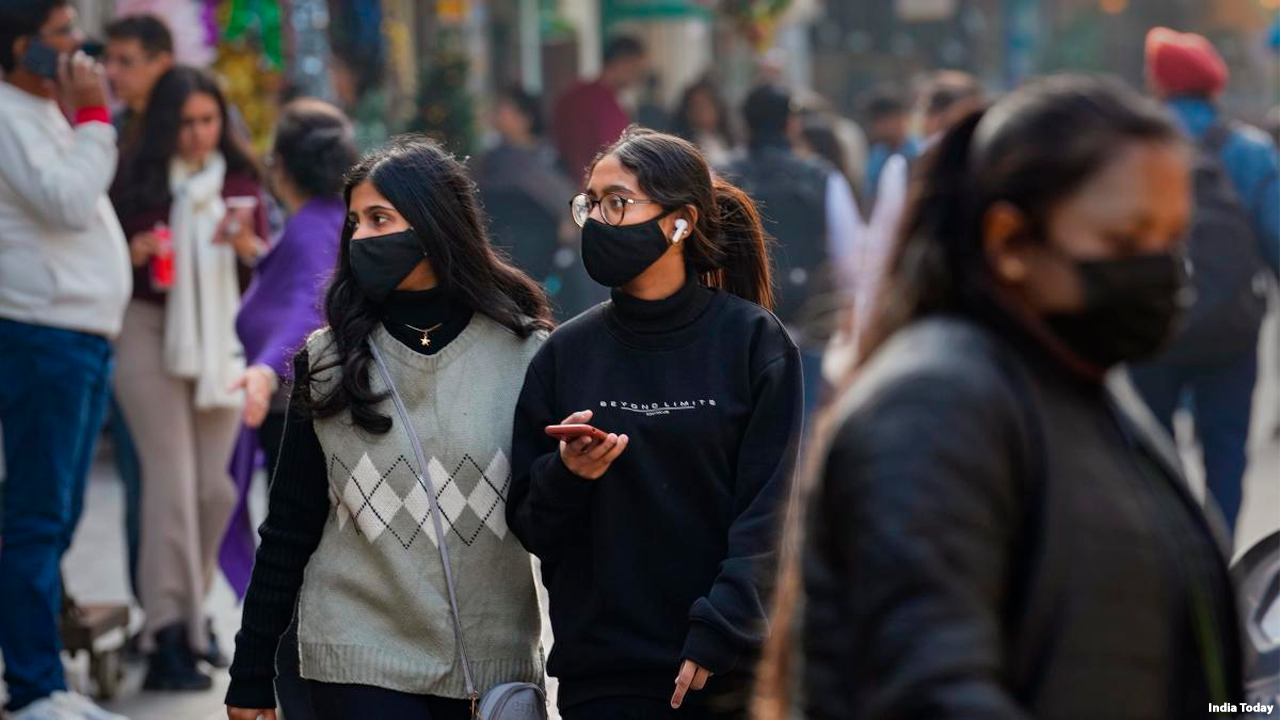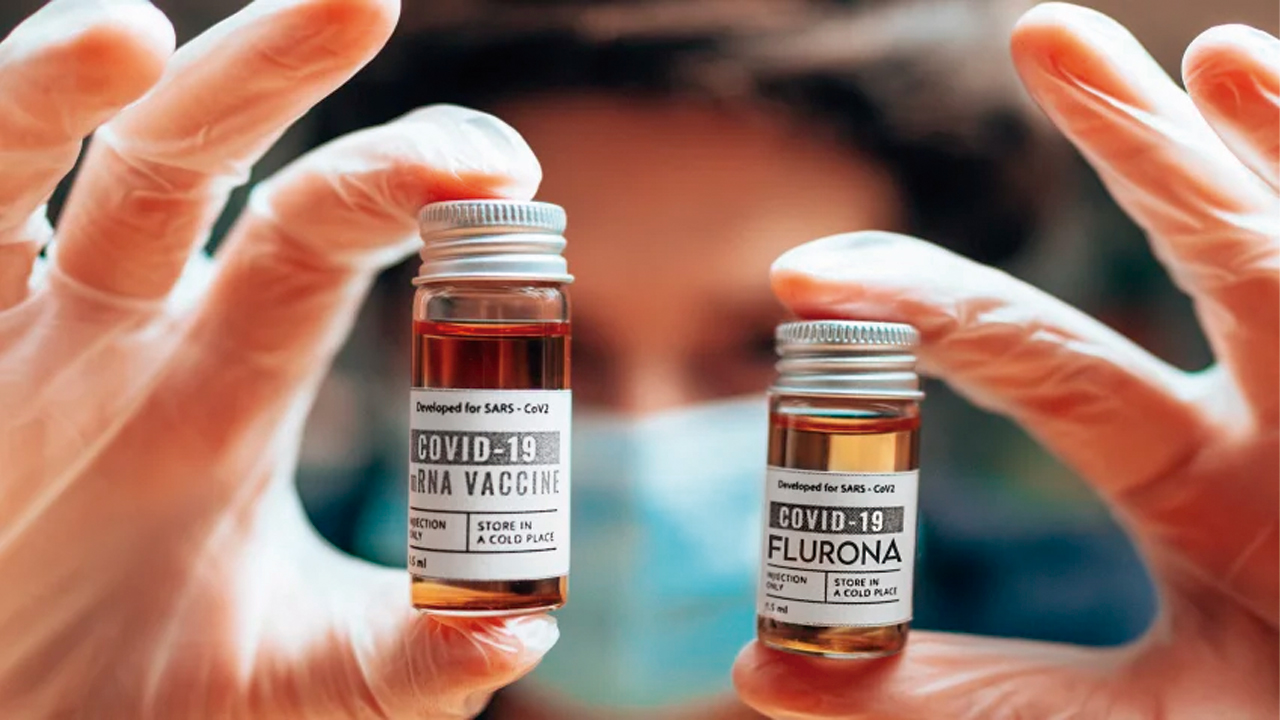Winter can affect our health in many ways. A dip in temperature can have an unexpected effect on the heart thereby affecting other organs of the body.
Stroke is the second leading cause of death and the third leading cause of disability. 1 in 4 people is at risk of a stroke in their lifetime. A stroke occurs as a result of a blockage in the blood flow to the brain or bursting of the brain vessel which is called a hemorrhagic stroke. A stroke is a medical emergency. Timely treatment can reduce brain damage and other complications.
Precautions to lower the risk of stroke
- Strokes can be prevented by maintaining normal blood sugar, blood pressure, and cholesterol management. If any of the individuals are taking medicines to manage all this, then they shouldn’t miss any dose of their medicine. Taking medicines on time can help prevent stroke.
- Anticoagulants, medicines that prevent blood clots like aspirin and blood thinners help prevent stroke.
- Lifestyle modifications like exercise, smoking cessation, and healthy eating that is a diet rich in fruits and vegetables and low-fat dairy products go long way in preventing the risk of stroke.
- Limiting the intake of salt to 5 gm per day or one tablespoon per day can aid in protecting against stroke.
- Some kind of moderate-intensity workout like walking for some minutes to hours per day helps as well.
- Keeping your weight under check or weight loss if you are overweight or obese is found to be useful in preventing stroke.
- Restricting the consumption of alcohol till the safe limits is really helpful.
- Quitting all forms of tobacco, whether oral or bidi or e-cigarettes is advisable.
Stroke can happen to anyone, any age, at any time and we all should know the warning signs.
Warning signs
F – Face drooping
A-Arm or leg weakness, one side of the body
S – Speech difficulty, difficulty in speaking
T – Trouble walking, trouble speaking, or trouble seeing
Other symptoms – General weakness, fatigue, nausea, vomiting, disorientation, and confusion

 Stroke is an emergency. Early diagnosis and timely treatment lead to higher survival rates and lower disability rates. Stroke can happen to anyone, any age, at any time and thus we all should be aware of the warning signs.
Stroke is an emergency. Early diagnosis and timely treatment lead to higher survival rates and lower disability rates. Stroke can happen to anyone, any age, at any time and thus we all should be aware of the warning signs.






.png)












.jpeg)



.jpg)




.jpg)





.jpeg)

.jpg)


